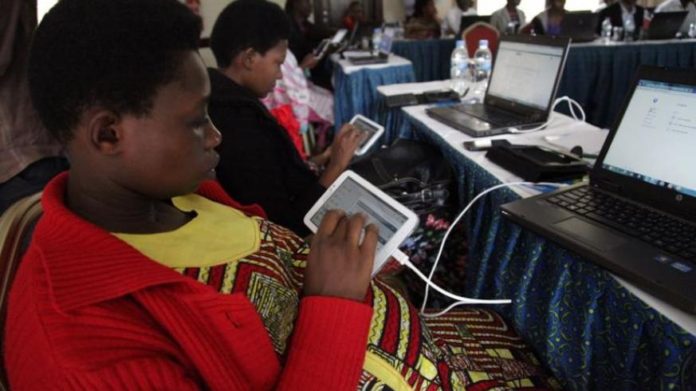The last decade has seen enormous changes in the tech space of Rwanda and has been transformative with regards to the internet penetration rate, that is the proportion of citizens with access to the web. In just under 10 years, that number has grown from 7% in 2011, to 25% in 2015 and today in 2020 is around 50%. This has naturally had a profound impact on the operation of local businesses and services as well as performance of international commerce.
Of course, this trend has also had a large impact on how citizens spend their leisure time – with greater accessibility to the internet, there is naturally a greater amount of time spent pursuing interests online such as gaming and gambling. This is particularly true during a time of a global health crisis as the coronavirus spreads across the world. The pandemic has had the side effect of catalysing a worldwide surge of online gambling activity. With more and more people locked down in their homes in quarantines, online casinos are seeing huge traffic increases from many countries across the globe as betting is taken onto the internet.
In other countries, we have also seen big increases in the amount of time that internet users spend playing online games. In the USA, with extended periods of lockdown, reports indicate that gaming-related internet traffic is up 75% as a consequence of the coronavirus outbreak and so many people staying at home.
For many countries, including the USA, this presents challenges to the new users who constitute much of that increased gaming activity. Many of them are finding themselves at home with large amounts of free time combined with reliable access to the internet for the first time during these conditions. And so, they are learning how to navigate new hobbies and areas of interest in the digital landscape that is new to them. This challenge is even more clearly manifest in countries with an emerging internet culture, such as Rwanda, where the transformation from offline to online only occurred very recently, as mentioned above.
For this reason, there is a huge demand for guidance in navigating the vast number of websites, games and services online. This is an emerging market opportunity for local businesses to provide reliable advice for consumers beginning to explore the worlds of online gaming and gambling. However, currently there are few domestic services providing new internet users with this information.
For the time being these users will have to rely on international sites, such as Labslots for guidance and trusted reviews of online casinos, for example. Such sites provide expert reviews of the best websites and most reliable products in their respective areas. Consequently, they are useful resources for the new users only now beginning to explore what the internet has to offer.
Similarly, websites like OpenCritic provide internationally sourced and aggregated reviews and advice for finding suitable games to play online. However, these websites do not use a trusted group of experts to determine the quality of products. Instead, they combine and take the average of large numbers of professional critics’ and reviewers’ assessments of products. This is a slightly different approach but a commonly employed one – sites providing this style of aggregated reviews for all manners of contents including movies, music, TV series and more can be found on the web.
As the internet culture continues to evolve in Rwanda’s growing online population, the demand for locally tailored recommendations and commentary will only increase and it will be fascinating to watch this growing market in the near future.































































